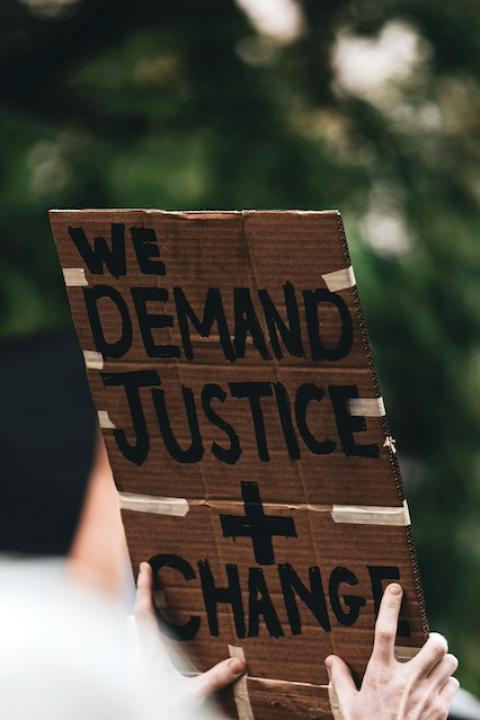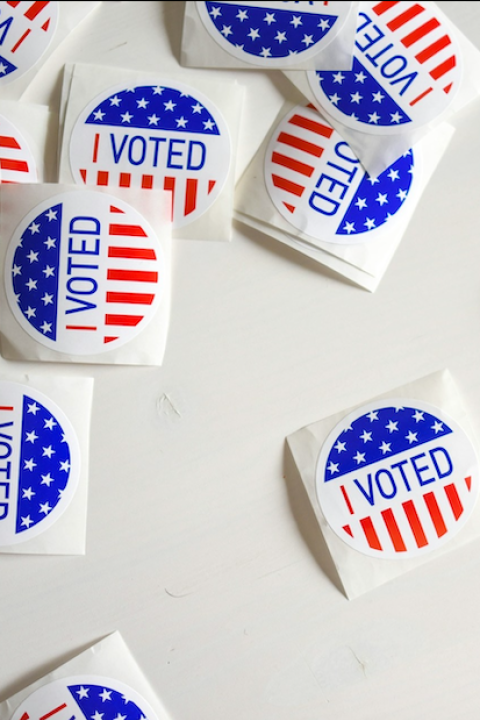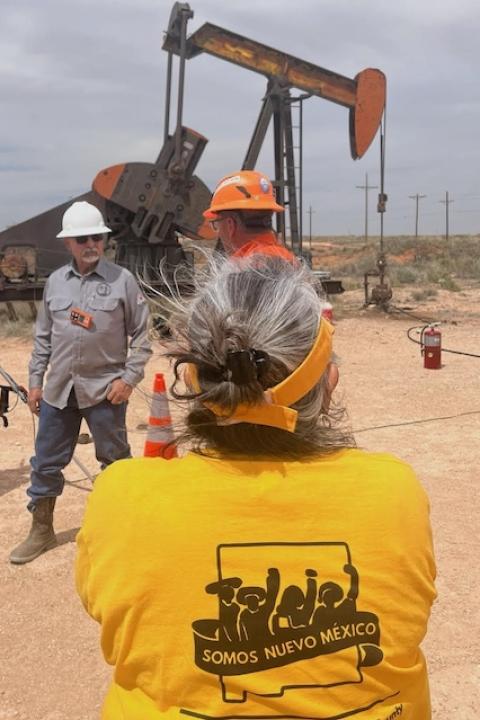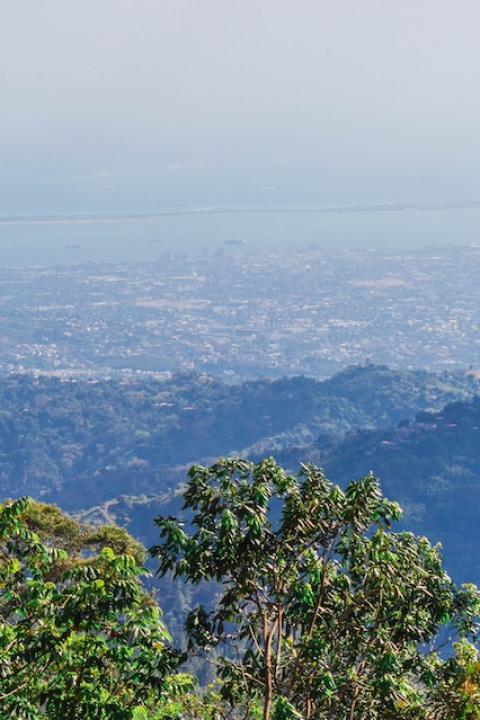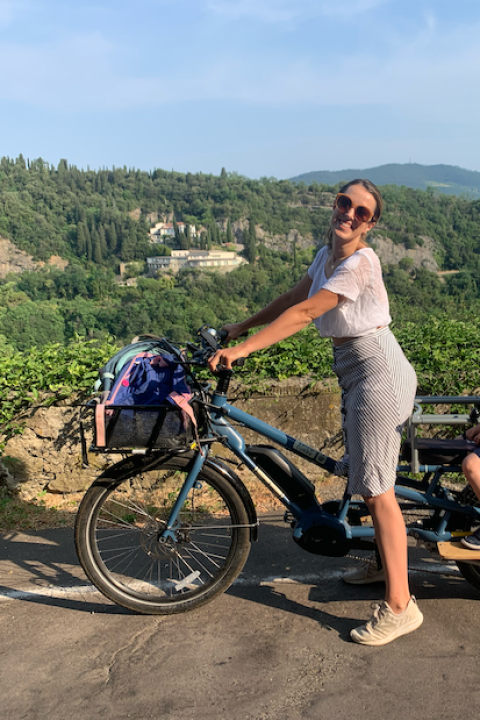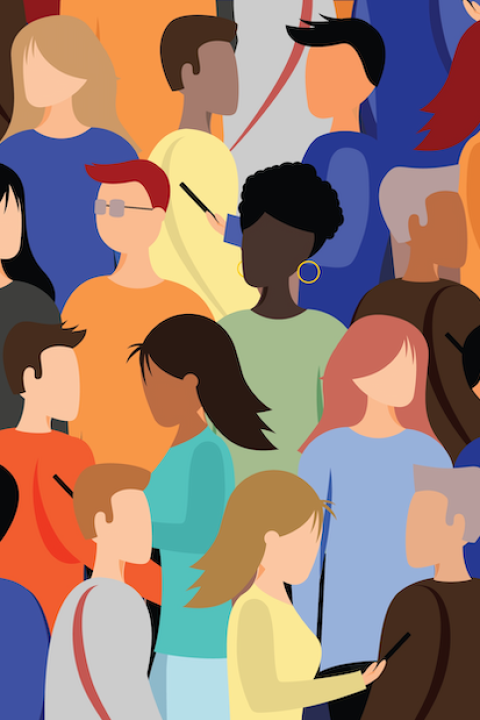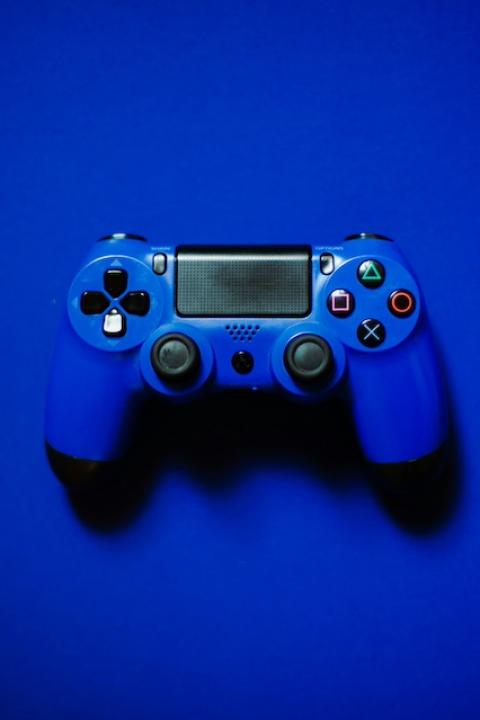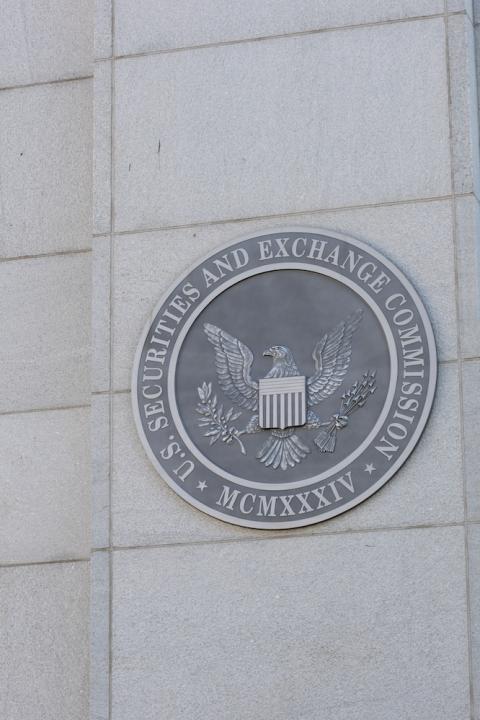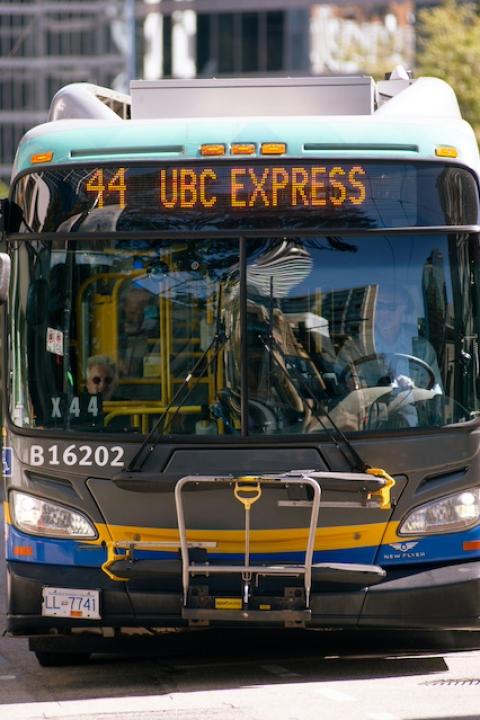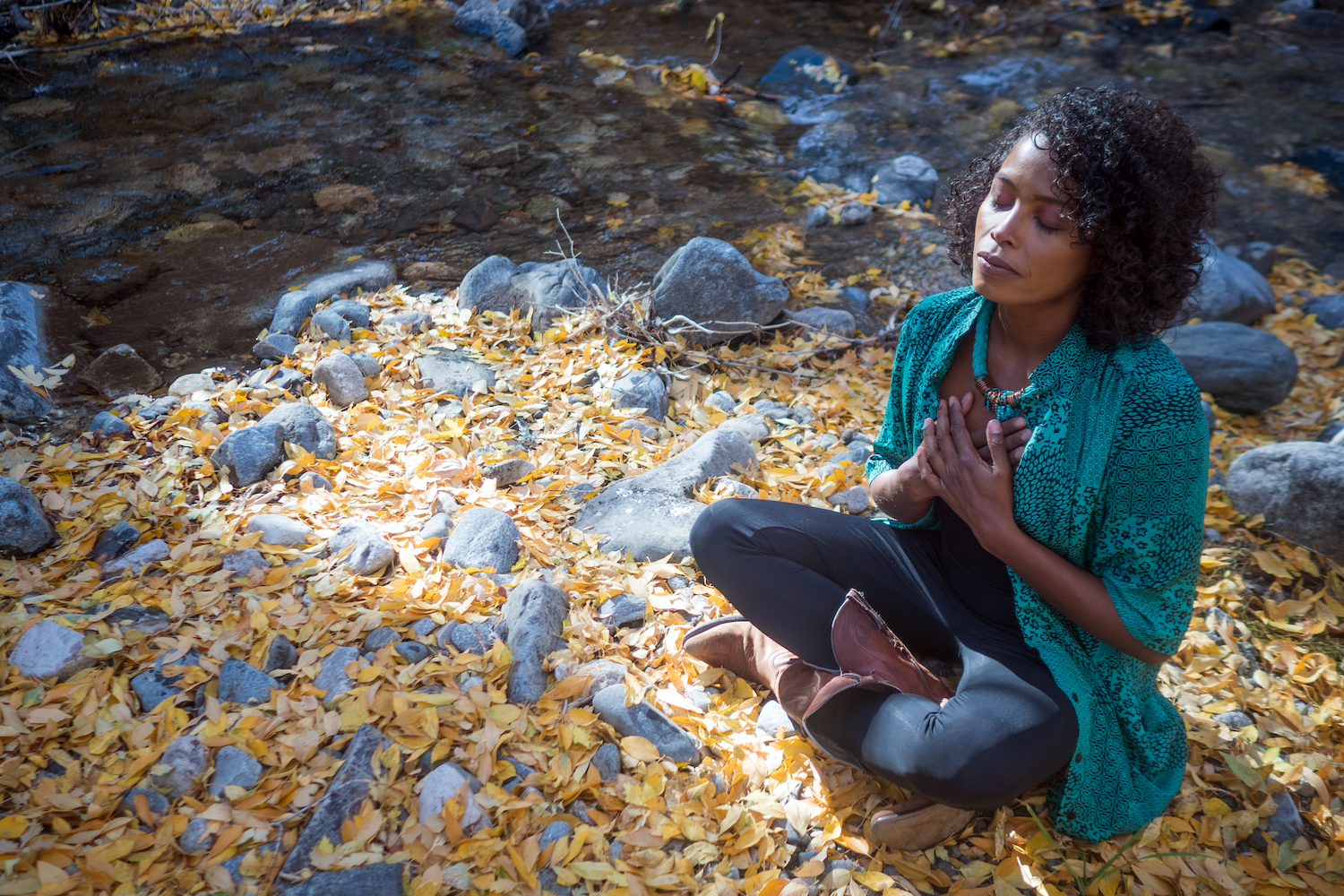
Author and corporate DEI consultant Zee Clarke shares breathing and mindfulness exercises that can help Black workers transcend the microaggressions and outright racism they often face in the workplace.
Burnout among American workers has reached epidemic proportions, with rates rising steadily since 2021. But the situation is nothing new for Black employees who’ve long dealt with microaggressions and outright racism in the workplace. This Juneteenth, Harvard alum and corporate diversity, equity and inclusion (DEI) consultant Zee Clarke launched a new online course, Breathing Through Microaggressions and Racism, to give Black workers the tools to transcend these extra layers of stress.
The course is a follow-up to Clarke’s book, "Black People Breathe: A Mindfulness Guide to Racial Healing," released earlier this year. In it, she provides guidance on recognizing microaggressions and triggers — and what to do about them. “While we can’t change the behaviors of others, what we can do is take our health and our well-being into our own hands," she wrote.
Burnout is on the rise across the U.S.
Eighty-nine percent of American workers have experienced burnout over the past year, according to the online recruitment service Zippia. For 2022, Zippia lists the rate of burnout as 59 percent — up from 52 percent a year earlier. The rate among all workers sat at 43 percent prior to the COVID-19 pandemic, according to polling by Indeed. Sixty-seven percent of respondents believed their symptoms of burnout had gotten worse as the pandemic stretched on, Indeed's survey revealed.
Interestingly, Zippia’s polling found that Black workers are currently experiencing a slightly lower rate of burnout than white workers (41.7 percent versus 48.5 percent). This could be caused by a number of factors, including reduced racism-based stress and lower exposure to microaggressions due to remote work. While the Indeed survey did not break down statistics by race, it did note that 13 percent of employees reported an improvement in burnout during the pandemic. Another factor could be that this level of stress and exhaustion is not acute, but rather a mainstay of the Black experience in America.
A long history of burnout
Author Jonathan Malesic tracks America's long history of hitting the wall at work in his 2022 book, "The End of Burnout: Why Work Drains Us and How to Build Better Lives." Burnout was first recognized on a large scale in the 1970s, which Malesic linked to falling wages and a lack of societal change, in spite of professionals seeking employment meant to further their ideals.
Yet Black workers — and specifically Black women — have been facing rampant burnout for much longer. “No matter the movement or era, being burned out has been the steady state of Black people in this country for hundreds of years,” poet Tiana Clarke wrote in a BuzzFeed article about why the experience goes so much deeper in the Black community.
A quick Google search reveals how common burnout is for Black professionals across the board. From academics to mental health practiontioners to executives and so on, the compounding effects of racism on Black employees is well documented.
Effects on health
That stress, burnout and racism have a dramatic effect on health outcomes is a given. “Mental health starts to affect the physical health. So headaches, insomnia, right? I wasn't sleeping,” Clarke said of her own experience with burnout, which she described in a June 7 webinar entitled Black @ Work: Stress Relief in Practice. “I was getting sick all the time. And there was a point where I thought I might have cancer — the doctor was like, ‘You might have cancer’. . . And so at a certain point, the doctors [said] something's got to change with your stress levels.”
She went on to describe how depression symptoms can be different for Black women — and how important it is to stay vigilant for those signs. “For the majority, it might be sad, right? But for Black women, it shows up as irritability. It shows up as poor sleep and insomnia. It shows up as lower libido. And so what I want to share with you is that you should pay attention to how you're feeling. Do not let what happened to me happen to you.” She also suggested that higher rates of hypertension, diabetes and breast cancer could be linked back to the higher stress levels associated with being Black in a racist society.
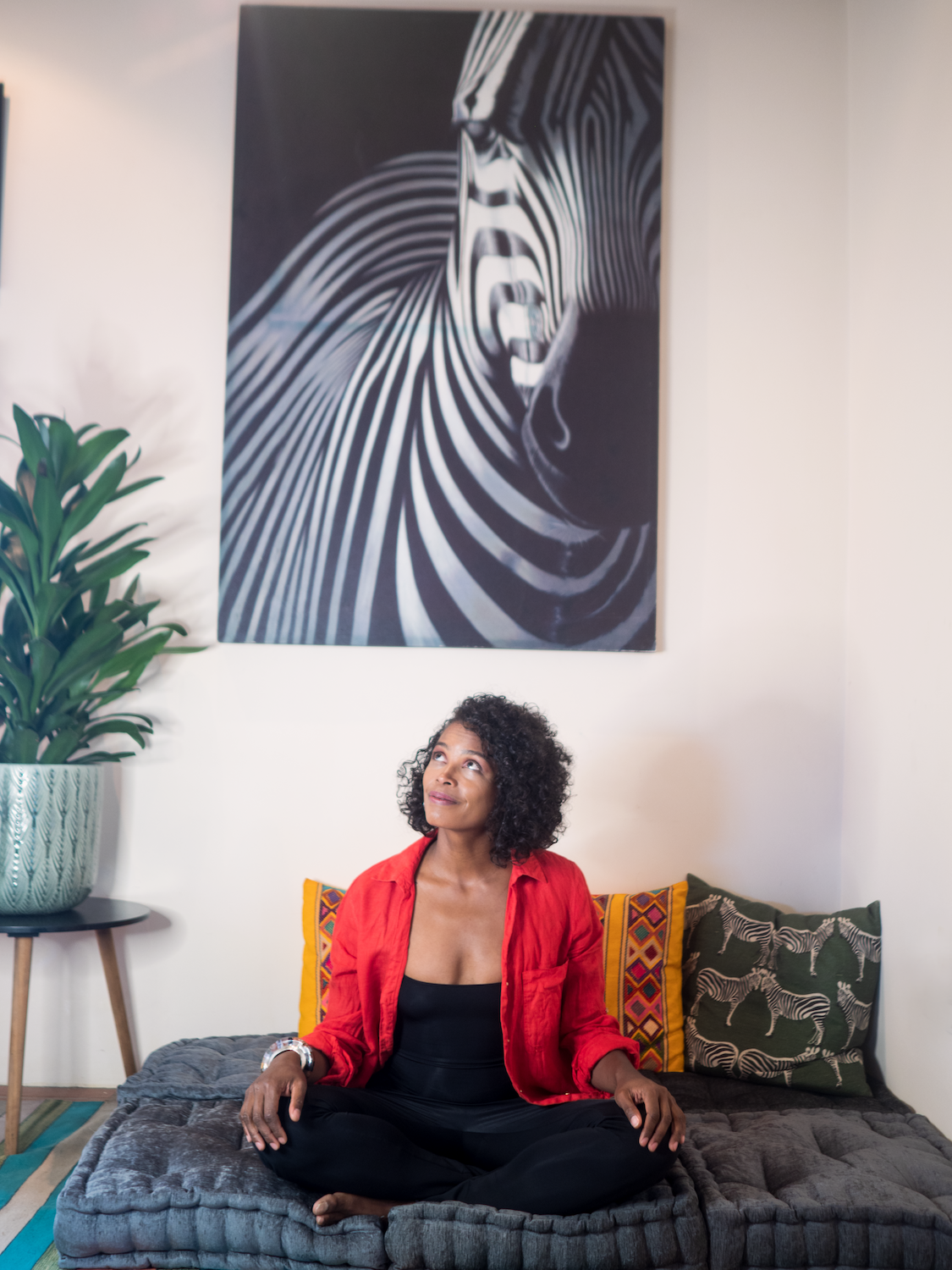
Learning the tools to manage burnout
Fortunately for Clarke, she took her doctor’s advice and made a drastic change before her health was permanently impacted. “I quit. Y'all I went to India. I joke that I did the Black girl version of 'Eat Pray Love,'" she said, referring to Elizabeth Gilbert's 2006 memoir that was adapted into a film starring Julia Roberts. "I was doing all the things, trying to help myself feel better, because I was not okay. I was broken. And there I learned to meditate. And there I learned breath-work is a powerful tool for feeling better. And guess what, it's free and you can do it anytime, anywhere.”
That wasn’t the end of her corporate journey, however. Clarke returned to the boardroom with new skills to help her manage the daily onslaught of microaggressions, unfair racialized treatment and heightened expectations that are piled on Black women. But that wasn’t all. “What I found was that it wasn't just me," she said. "I knew tons of Black women who were usually the only Black person at the office, and they were experiencing the same things that I was experiencing.”
Sharing the skills to manage stress and prevent burnout
Clarke has made it her mission to share the skills she learned in India. She walked attendees through some of these techniques in the webinar earlier this month.
Start with neck rolls to lessen tension. With your shoulders back, drop your ear to your shoulder on one side, then the other. “Do this at your own pace, but notice where it's tighter,” she instructed. “As you're doing this, make sure you're breathing. Send the breath to those areas that are tight, maybe stay there in those areas that are tight a little bit longer.”
Move into a side stretch. “Interlace your fingers. Inhale, stretch your arms up to the sky. Then exhale, go over to the right, and we're gonna be here for five." She reminded participants to breathe and stretch as deeply as possible before switching to the other side. “And I invite you now to pause and just take a moment and notice how you feel. I want to point out that this didn't take that much time,” she said, explaining how these stretches can be done almost anywhere.
Breathe for focus and concentration. Several of the techniques Clarke recommends can be used without others noticing. Box breathing, for example, is often used by professionals in high-stress jobs, including nurses and Navy Seals. To try it out, inhale for a count of four, hold for a count of four, exhale for a count of four, and then hold for another count of four, she said.
Exhale through microaggressions. The extra long exhale is perfect for when a person feels triggered by microaggressions. It is just as easy as it sounds — taking a few extra seconds to exhale completely. Using it can create a pause to prevent a reaction that might be misconstrued as aggressive, Clarke said.
Resources
While it may not be possible for an individual to change the dynamics of racism in the workplace, it is imperative to protect one’s health by mitigating stress. Clarke provides a wealth of information for Black employees and executives on how to manage triggers which are brought on by microaggressions and harassment in the workplace. In addition to her book and online course, she also has a YouTube channel and offers retreats. More information is available on her website.
Images courtesy of Zee Clarke

Riya Anne Polcastro is an author, photographer and adventurer based out of the Pacific Northwest. She enjoys writing just about anything, from gritty fiction to business and environmental issues. She is especially interested in how sustainability can be harnessed to encourage economic and environmental equity between the Global South and North. One day she hopes to travel the world with nothing but a backpack and her trusty laptop.



